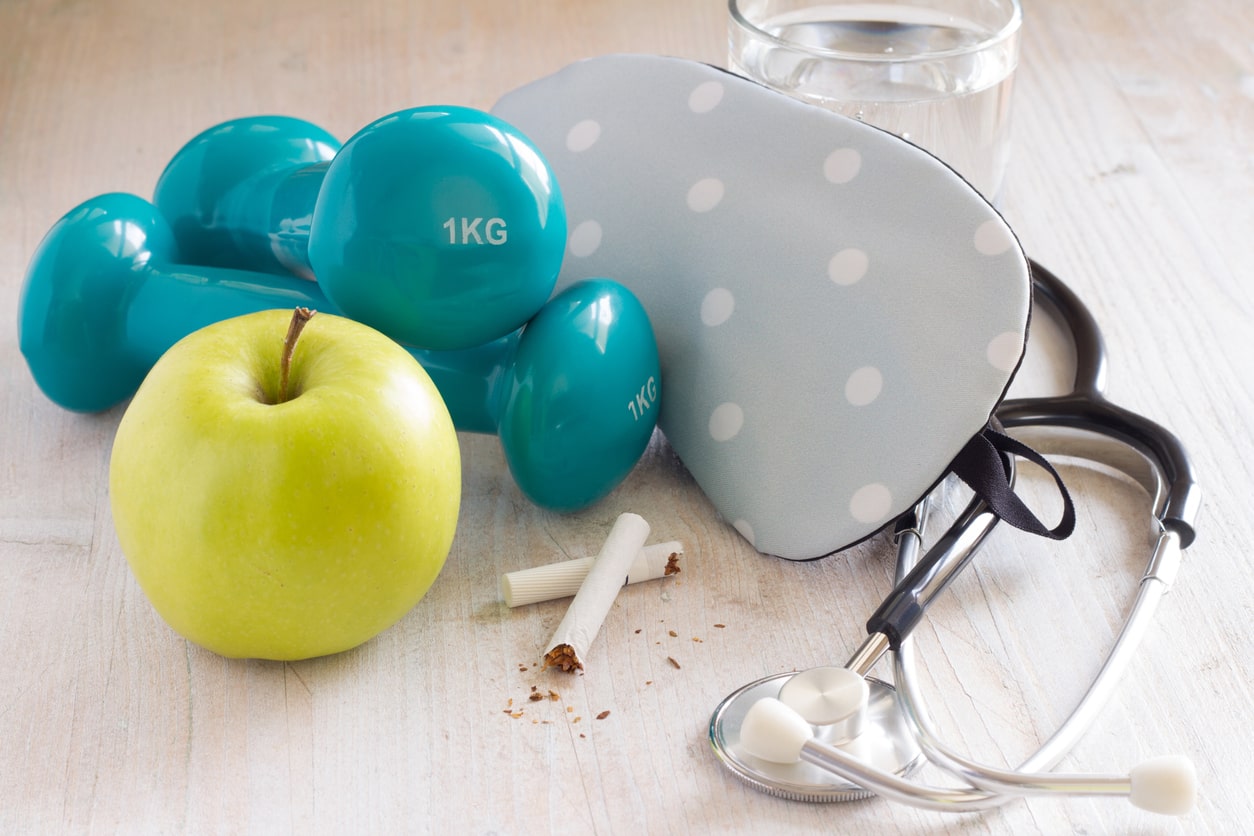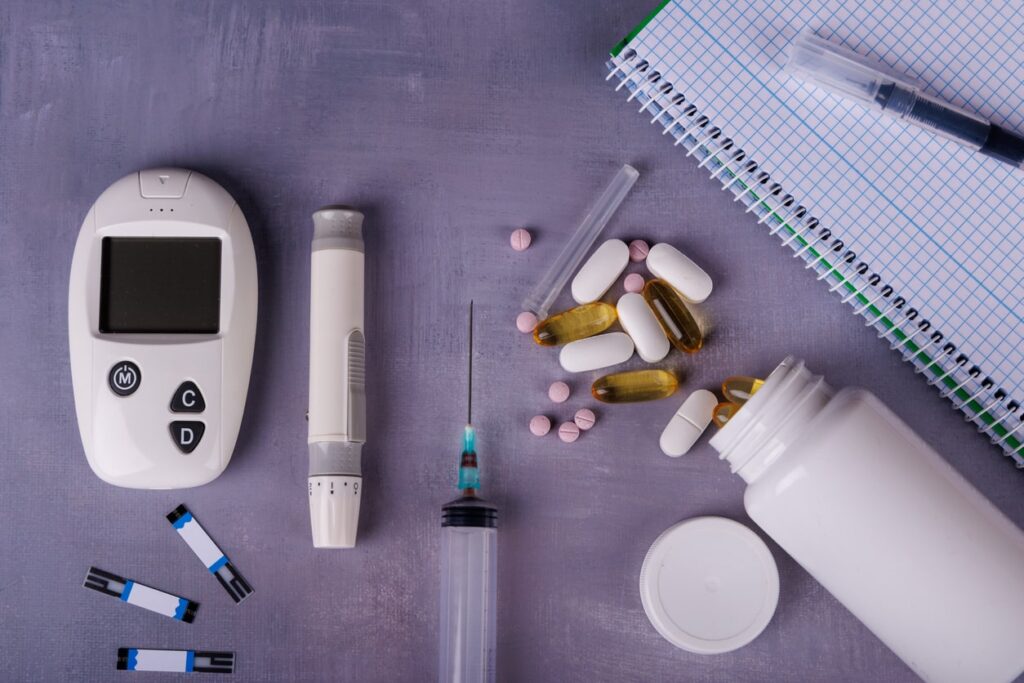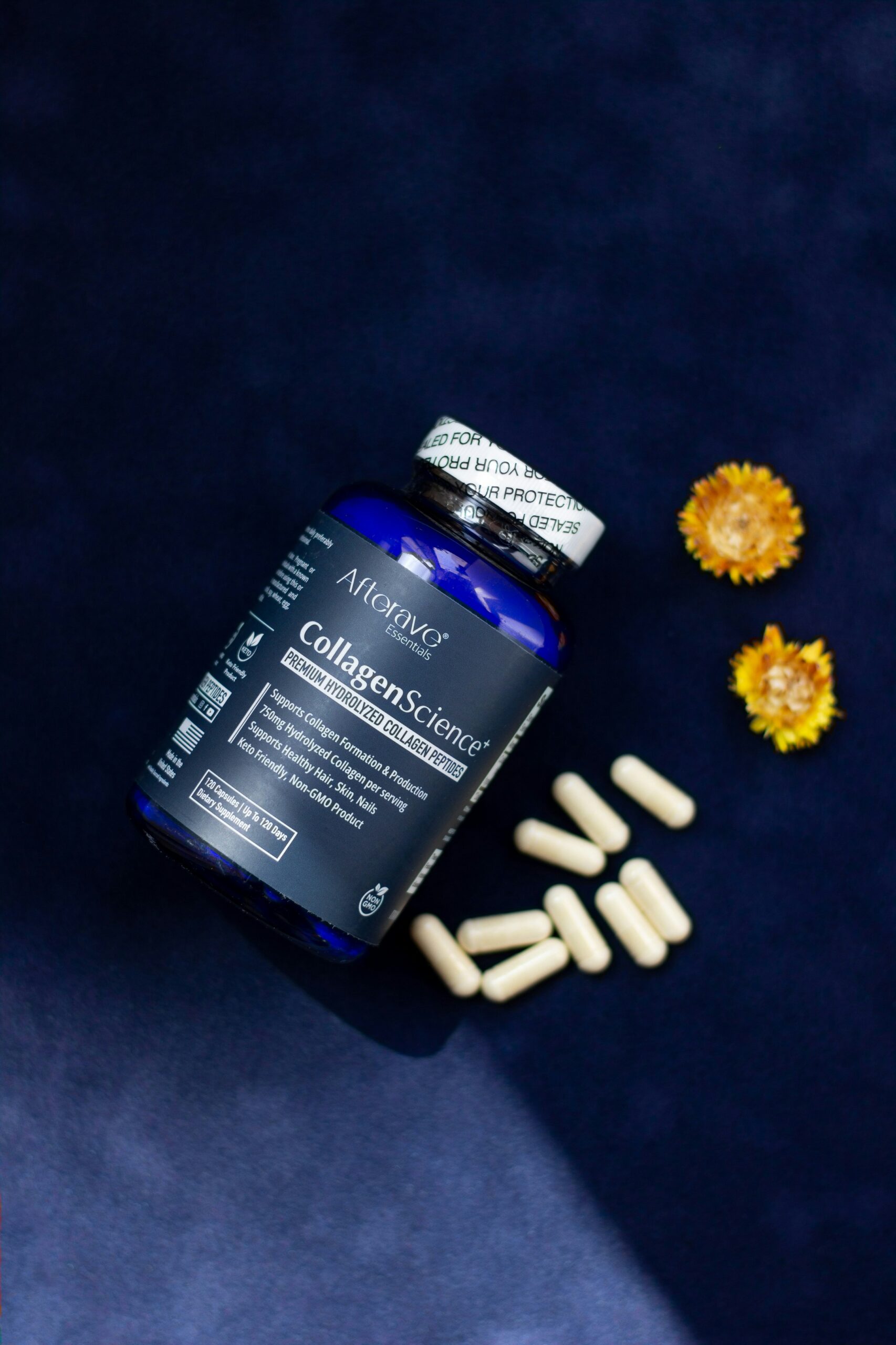Now Reading: Nutrition and Addiction Recovery: Fueling the Body and Mind for Lasting Healing
-
01
Nutrition and Addiction Recovery: Fueling the Body and Mind for Lasting Healing
Nutrition and Addiction Recovery: Fueling the Body and Mind for Lasting Healing

Addiction takes a serious toll on the body. Substance abuse drains essential nutrients, damages organs, and disrupts brain function. When someone begins their recovery journey, healing goes beyond breaking the habit—it involves rebuilding the entire system. That’s where nutrition and addiction recovery come together.
What we eat affects how we feel—physically, emotionally, and mentally. Proper nutrition can reduce cravings, improve mood, and repair the damage done during active addiction. More importantly, it gives the body the strength it needs to recover and thrive in sobriety.
In this article, we’ll explore how nutrition and addiction recovery go hand in hand, and how simple dietary changes can make a big impact on healing, stability, and long-term recovery.
Why Nutrition Matters in Addiction Recovery
Substance use disrupts nearly every system in the body. Alcohol, opioids, stimulants, and other substances can cause vitamin deficiencies, blood sugar imbalances, digestive problems, and weakened immunity.
People in early recovery often experience:
- Fatigue
- Mood swings
- Depression or anxiety
- Poor concentration
- Cravings for sugar or processed foods
Proper nutrition helps address these issues. According to the Substance Abuse and Mental Health Services Administration (SAMHSA), good nutrition supports mental clarity, emotional stability, and physical recovery during addiction treatment 1.
The Link Between Nutrition and Brain Health
The brain is especially vulnerable to the effects of poor nutrition. Many neurotransmitters—like serotonin and dopamine—depend on nutrients to function properly. These brain chemicals help regulate mood, motivation, and sleep.
During addiction, the brain’s ability to produce and regulate these chemicals is impaired. That’s why cravings, depression, and anxiety are so common in early sobriety.
Nutrition and addiction recovery are deeply connected at the brain level. Eating nutrient-rich foods can:
- Rebalance neurotransmitters
- Improve memory and focus
- Reduce symptoms of anxiety and depression
- Stabilize energy levels throughout the day
Key Nutrients That Support Recovery
1. Protein
Proteins provide amino acids, which are the building blocks for brain chemicals like dopamine, serotonin, and GABA.
Sources:
- Eggs
- Chicken
- Tofu
- Lentils
- Greek yogurt
Eating protein with each meal helps keep your mood and energy steady.
2. Omega-3 Fatty Acids
Omega-3s are essential for brain repair and emotional regulation. They reduce inflammation and support cognitive function.
Sources:
- Fatty fish (salmon, sardines)
- Walnuts
- Chia seeds
- Flaxseeds
A 2018 study in Frontiers in Psychiatry found that omega-3 supplementation improved mood and reduced relapse in people recovering from addiction 2.
3. Complex Carbohydrates
Carbs fuel the brain and help produce serotonin, the “feel-good” chemical.
Sources:
- Oats
- Brown rice
- Sweet potatoes
- Whole grain bread
- Quinoa
Avoid refined sugars, which cause blood sugar spikes and crashes—leading to mood swings and cravings.

4. Vitamins and Minerals
- B Vitamins: Help with energy and stress management (found in leafy greens, eggs, and whole grains)
- Magnesium: Calms the nervous system and supports sleep (found in almonds, spinach, and beans)
- Zinc and Iron: Support immune health and mental clarity (found in meat, seeds, and legumes)
Substance use often depletes these nutrients. Replenishing them is vital for recovery.
Creating a Recovery-Focused Meal Plan
Nutrition and addiction recovery doesn’t mean a strict or perfect diet. It means choosing whole, nourishing foods that support healing.
Here’s a simple sample meal plan:
Breakfast:
Oatmeal with almond butter, banana slices, and chia seeds
Herbal tea or water
Snack:
Greek yogurt with blueberries or a handful of almonds
Lunch:
Grilled chicken or tofu
Brown rice with steamed vegetables
Olive oil and lemon dressing
Snack:
Carrot sticks with hummus or a boiled egg
Dinner:
Baked salmon
Sweet potato mash
Steamed broccoli
Evening:
Chamomile tea and a few walnuts
This balanced approach provides protein, fiber, healthy fats, and essential nutrients—all supporting the brain and body in recovery.
Hydration: The Often-Forgotten Key
Water is just as important as food in recovery. Dehydration can worsen fatigue, headaches, and mood swings. It also slows down detoxification and healing.
Tips for staying hydrated:
- Drink a glass of water first thing in the morning
- Carry a water bottle throughout the day
- Choose herbal teas or fruit-infused water over soda
- Avoid excessive caffeine, which can dehydrate the body
Real-Life Example: How Nutrition Changed Emily’s Recovery
Emily, 30, entered treatment for alcohol use disorder feeling anxious, exhausted, and emotionally unstable. She didn’t think much about food—until a nutritionist at her recovery center helped her create a meal plan.
“I started eating breakfast again—just oatmeal and fruit. Then I added fish and greens. Within two weeks, I felt clearer. My mood evened out. I had more energy to go to meetings and work through therapy.”
Today, Emily says that nutrition is a cornerstone of her ongoing sobriety. “When I eat well, I feel well. And when I feel well, I make better choices.”
Tips to Make Nutrition Part of Your Recovery Routine
- Start small. Add one healthy meal or snack each day.
- Prep ahead. Cook in batches or keep easy options like fruit, nuts, or boiled eggs on hand.
- Listen to your body. Eat when hungry, and stop when full.
- Avoid extremes. Recovery is not about perfection—it’s about balance.
- Work with a professional. If possible, consult a nutritionist who understands addiction recovery.
Final Thoughts: Healing from the Inside Out
Nutrition and addiction recovery are deeply connected. Food is more than fuel—it’s medicine. It helps repair the damage caused by substance use, rebuilds the brain’s chemistry, and strengthens emotional resilience.
By making mindful, nourishing food choices, you support your recovery every single day. You gain the energy, clarity, and stability to face challenges—and the strength to stay on the path of healing.
You don’t need to change everything at once. Start with one meal. One glass of water. One small act of care. Because each bite you take in recovery is a step toward feeling whole again.
Sources
- SAMHSA. (2022). Nutrition in Substance Use Recovery. Retrieved from https://www.samhsa.gov ↩
- Bozzatello, P., et al. (2018). Role of Omega-3 Fatty Acids in Psychiatry. Frontiers in Psychiatry. ↩

Jen Sheldon is a seasoned writer with a passion for fitness, health, wellness, and addiction treatment. With years of experience crafting insightful and research-backed content, she helps readers navigate their journey toward better well-being. When she’s not writing, you’ll find her exploring new workout routines or diving into the latest health trends.


























